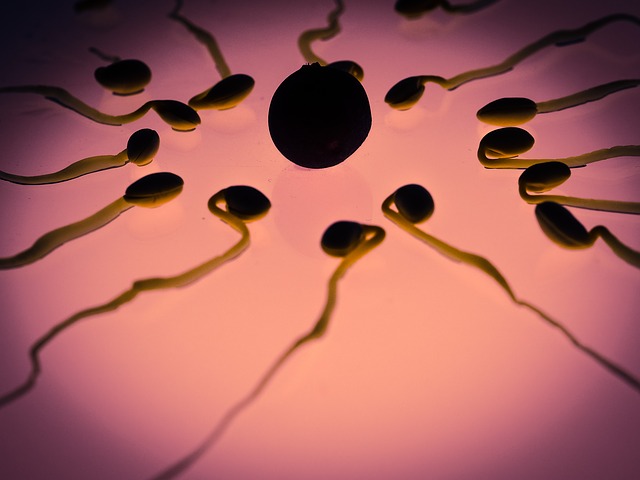Seminal Vesiculitis Hazards: Affect Sperm and Others
Date:2022-08-02 click:0
Seminal vesiculitis is a common disease in young and middle-aged men. Due to the unique physiological position of the seminal vesicles, once lesions appear, they will cause many male diseases and even affect male reproductive function.

So, what does vesiculitis do to sperm?
1. Changing ingredients. Seminal plasma contains a certain amount of nutrients to support sperm and help to be proficient in activities and also contains trace amounts of lactic acid and other acidic substances. In case of inflammation of the seminal vesicles and prostate, the seminal plasma will be mixed with bacteria, and the lactic acid substances will also increase the toxins of oral bacteria. And metabolites are excreted in seminal plasma, and bacteria will devour the nutrients in seminal plasma and snatch oxygen, resulting in decreased fertility.
2. The pH is decreased. Normal seminal plasma pH is 7.2-8.9. Sperm can move freely in this environment. In the presence of seminal vesiculitis, an increase in acidity can cause sperm death.
3. The viscosity increases. When suffering from seminal vesiculitis, there are bacteria in the seminal plasma, many white blood cells, and even pus. The viscosity will suddenly increase, it will not be easy to liquefy, and the sperm motility rate will decrease, which is related to the decrease of liquefaction enzyme.
4. The quantity is abnormal. When seminal vesiculitis occurs, the secretion of seminal plasma is mostly reduced, which is not conducive to the survival of sperm. In aseptic prostatitis, the volume of seminal plasma sometimes increases. When the number of sperm per unit volume decreases, the sperm will be diluted, affecting fertility.
5. Inflammatory cells repeatedly irritate the inner wall of the seminal vesicles, which may also lead to sperm deformities. Pregnancy cannot be prepared until seminal vesiculitis is completely cured. Otherwise, the fetus may also develop deformities.
What are the other effects of seminal vesiculitis?
1. Recurrent attacks
If patients with seminal vesiculitis are not treated in a regular hospital in time, they are prone to repeated attacks. Due to the structural development characteristics of the seminal vesicles, after inflammation occurs, the drainage is not smooth, and the root of the bacteria is likely to remain after the invasion of bacteria, which brings specific work difficulties to the treatment method.
2. Causing an infection
Because seminal vesicles are anatomically close to prostate infertility, vas deferens, urethra, bladder, etc., and communicate with each other, seminal vesiculitis is often secondary to infection of other organs of the urethra reproductive system.
3. Causing sexual dysfunction
Because seminal vesiculitis is often complicated by chronic prostatitis, and blood semen can appear, the semen is pink, red, or with blood clots, and pain during intercourse can occur. Symptoms such as functional developmental disorders seriously affect the life of husband and wife and the harmony of family relations.
4. Pain
When a person suffers from seminal vesiculitis, he will develop pelvic pain that seriously affects the patient's life and work. Therefore, it must be treated in time. Otherwise, it will gradually evolve into chronic seminal vesiculitis, making treatment more difficult.
The above is the harm that some seminal vesiculitis will bring to men. When patients have some clinical symptoms of seminal vesiculitis, they need to be treated as soon as possible to minimize the damage to the body.
Patients who choose antibiotic treatment must be carried out under the guidance of a doctor. Even if the symptoms disappear entirely, they should undergo consolidation treatment for 1-2 weeks so that the disease does not recur.
If antibiotic resistance develops or the condition recurs, people can take Diuretic and Anti-inflammatory Pill. It can effectively treat seminal vesiculitis without side effects. During treatment, patients should pay attention to smooth bowel movements, prohibit intercourse, and pay more attention to rest to avoid recurrence in the later stage.
You may be also interested in:



